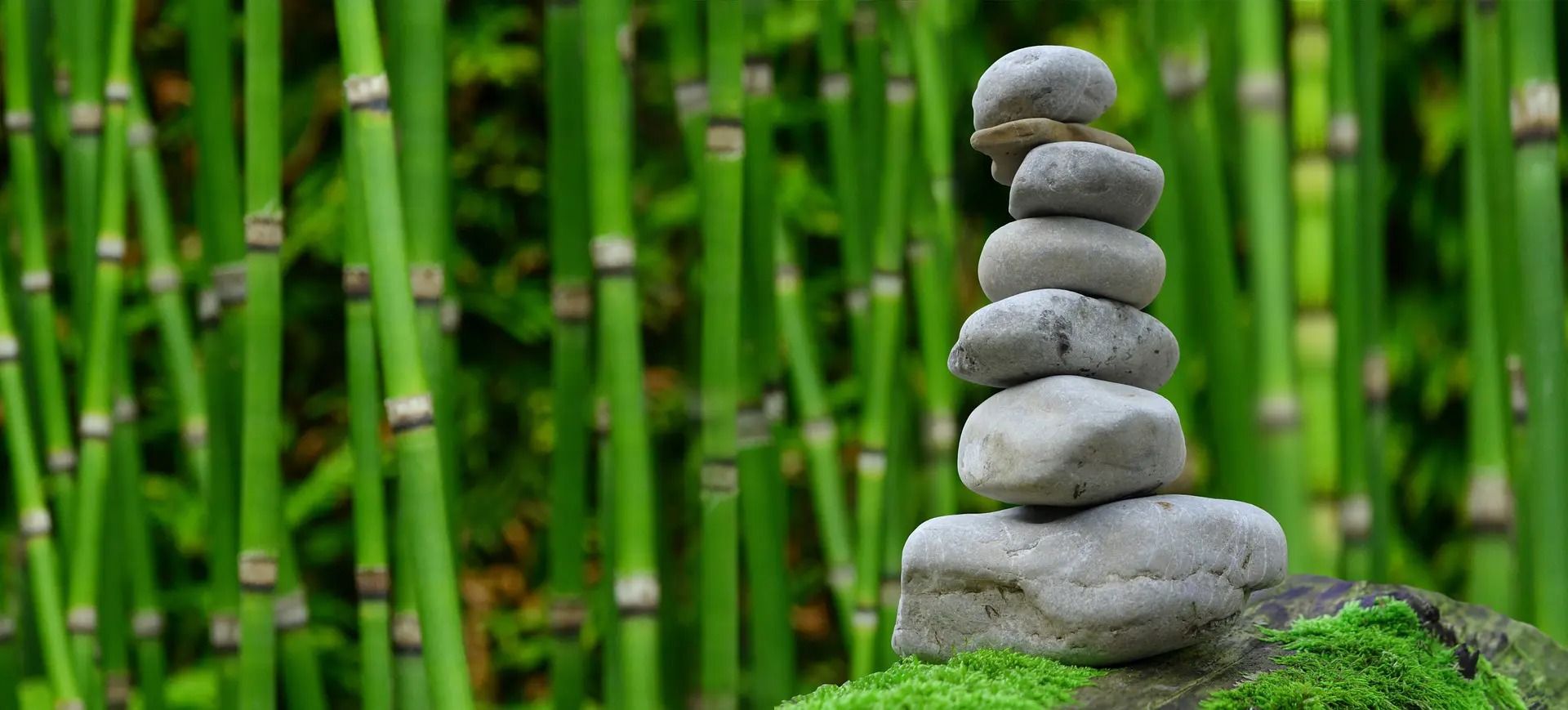John Prendergast
Self Recognition

John Prendergast offers a 7- session course on “The Inner Sense of Knowing” on the Jung Platform. The following is an excerpt from his book “In Touch: How to tune into the inner guidance of your body and trust yourself”. In it you can hear John’s warm, clear style and get a feel for this wonderful course.
I once found cairns- those improvised piles of stone left by hikers- in the High Sierras, marking the way across a granite ridge to a hidden trailhead. Like Sierra hikers, we all are on a kind of journey, and the somatic markers of inner knowing, like cairns, are one way to know that we are on the right track. On the track toward what, though? Where are the markers of inner boldly knowing leading us? As “right” as these subtle somatic qualities feel, they are not ends in themselves; they are homing signals. As we feel ourselves more deeply relaxed and grounded, inwardly aligned, openhearted and spacious, we are honing in on a deeper truth- the truth of who we really are.
Our body’s deep sensitivity is calling us home. Yet home is not somewhere, some when, or something other than what is already wholly present now. Our true nature is not some inner state that will be found in the future. It is always here and now, unbounded by space or time. It can never be objectified. Further, the heart of the one who is looking-the apparent separate self- is what is being looked for. Nisargadatta Maharaj said it most succinctly: “The seeker is the sought.”
This wisdom teaching is very puzzling for the linear mind that thinks in terms of someone attaining something. A student of the Indian sage Ramana Maharshi once asked for help to find his true nature. “You are like a man standing in his living room, asking how to get home,” Ramana replied. We are already home- we just don’t realize it. Infinite awareness is shining through your eyes as you read this- you are not who you think you are. Take a moment to open to this possibility.
Our body’s inner knowing is pointing us toward this self-recognition. Certainly being relaxed, grounded, aligned, spacious and openhearted makes day-to-day living much easier, but there is a deeper invitation at work within each of us-to wake up. Self-recognition and awakening are different ways of describing the same thing. At some point we realize that we are not the limited being that we consciously and subconsciously take ourselves to be. We see that none of our stories and images about ourselves are actually true. This initial recognition can feel as if the clouds have briefly parted, revealing a vast, open space.
When this happens, the veil of personal identity temporarily lifts, and we know ourselves as open, awake awareness. We are in touch with our natural lucidity. In rare instances this awakeness is sustained after the first contact. In most cases, however, the conditioned body-mind reasserts itself, and there is a return to one’s familiar identity. Yet a taste of this homecoming remains. It is like someone who briefly awakens from a dream and then falls asleep again; the wakefulness is never completely forgotten. It continues to vibrate on the periphery of the dream, in the background of who we imagine ourselves to be. Our lives start to reorient around this clearer sense of who we really are.
[re-published with the author’s permission. J.Prendergast. (2015). Soundstrue. In Touch: How to Tune into the Inner Guidance of your Body and Trust Yourself. Felt sensing and the Subtle Body. SoundsTrue Inc., Boulder, Colorado. Chapter 9 (pp. 173-174).]
We have the following courses with Prendergast:
The Sense of Inner Knowing. where he will gently help you open your own heart. Every class includes a guided meditation based on somatic ways of inner knowing.
Opening to the ground. In this course John guides us deeper into the body to explore where we might find a sense of ground. His calmness helps us face and explore our most basic survival fears.
Journey into the deep heart. When we bring awareness to our hearts, we are connected to a place of deep peace and unconditional love. But it’s also where we feel the deepest emotional pain. Our wounding and personal history may hinder us in experiencing our essential wholeness.
Share
Other blog posts

Jung Platform is an online education space that offers a range of depth psychological and spiritual perspectives. Our courses and talks explore the journey of life with guidance from highly regarded teachers.
We are passionate about offering practical, life-enhancing tools and opportunities to connect with others on this path. Our aim is to help people connect to their own soul, so they can live more fully and colorfully.
Stay inspired.Get our magical updates.
Thank you for signing up!
FEATURED LINKS
-
Headquarters in Salt Lake City, Utah
-
info@jungplatform.com
-
Copyright © 2026
